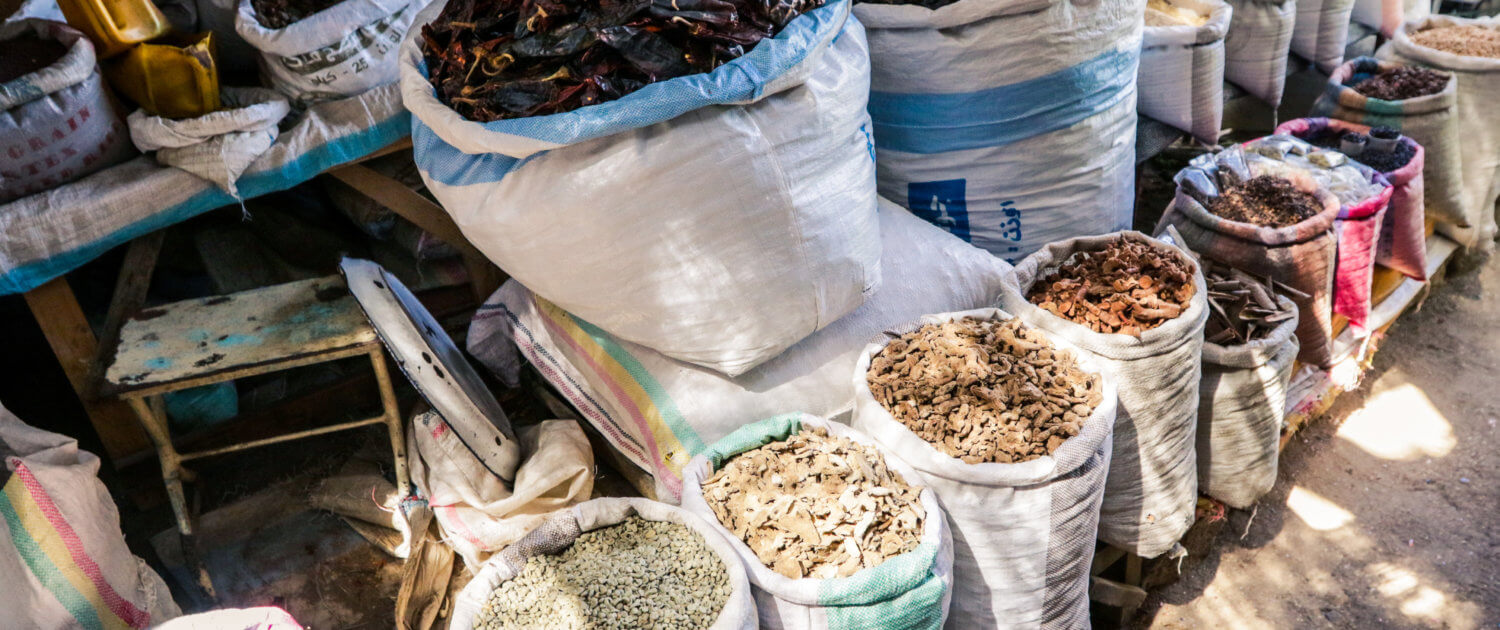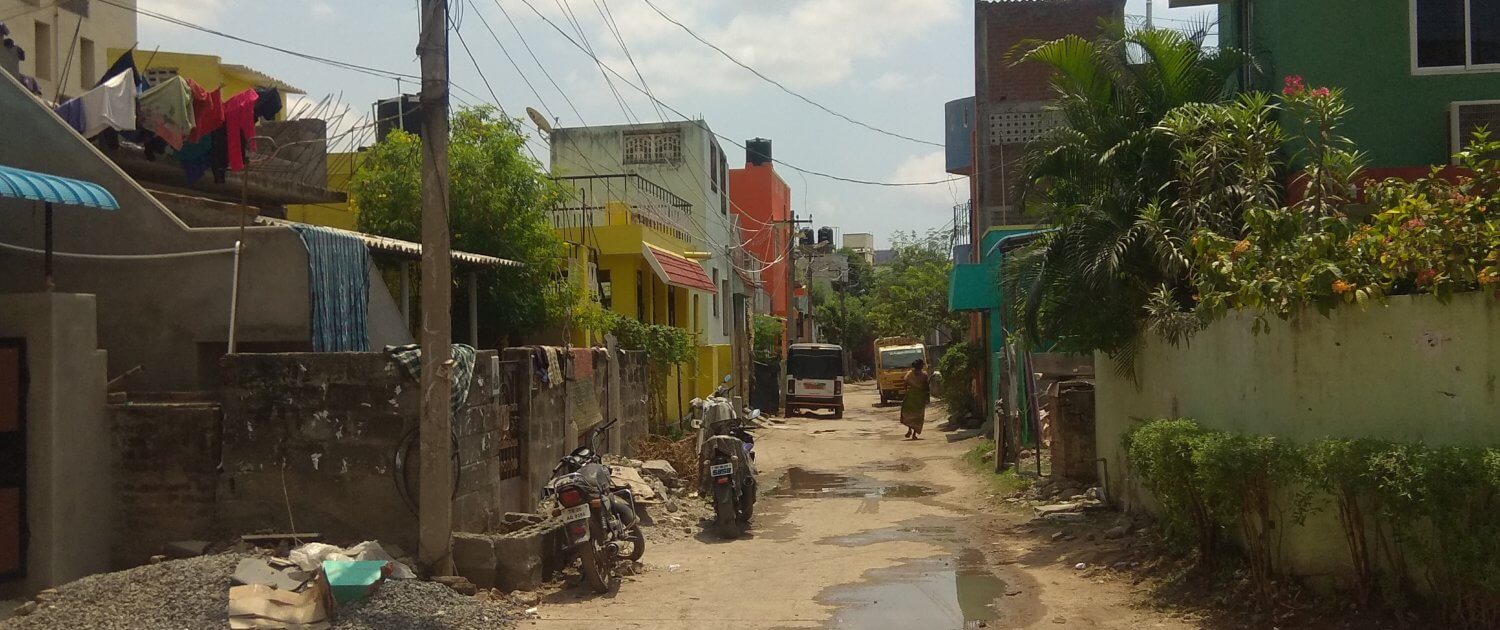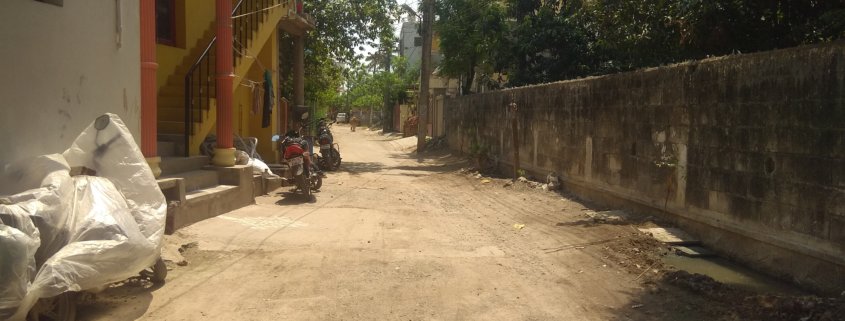Report on COVID-19 Lock-down from India
Stephen Raja, Global Volunteers’ Nepal Country Director and Volunteer Preparations Coordinator, reports on conditions from his home in Chennai, India during the government-mandated lock-down, instituted on March 24. It has been extended through May 3.
By Stephen Raja
Compared to many countries around the world, I believe the lock-down has helped keep the number of Covid-19 cases down in India. As of April 15th, the number of diagnosed cases has been around 11,400 with 377 deaths.
Putting 1.3 billion people under lock-down is no easy task and it comes with many social and economic impacts. As some people defied the order in the early days, the police had to resort to beating people on streets with lathis (sticks). The videos were shown on the news and shared on social media, which actually restrained people coming out on the streets without a valid reason.
Even though the government announced that essentials like medicines, provisions, and vegetables would be available during the lock-down, the police action prevented us to go out initially. After a few days, the government clarified that one person from a family can go to buy essentials in the morning. I ventured out to buy vegetables, whose prices had gone up by three times, and also got provisions to last us for a month. The local grocery stores are running out of supplies very fast, and they might not last long. One thing which has personally affected me is that the frame of my glasses broke, and I could not replace it. I’ve had to temporarily stick it with glue.
The government relief package so far has been Rs1000 ($14) and 10 KG rice, 1 KG sugar, 1 KG lentil beans, and 1 packet of cooking oil for a family. This is highly insufficient for a family for 21 days. No relief package has been announced for the extended period of another 19 days.

Yet, I consider myself fortunate during this crisis, as I have a house to stay in and some provisions to last me some time. And I feel really sad for the poor, daily wage earners and migrant workers such as my extended family members, whose means of livelihood depends on the every day work. So no work and insufficient relief package from the government is making life miserable for the poor.
The plight of the migrant workers has been the worst. They have no work, no means of livelihood, and no means of transportation back to their villages. Thousands of migrant workers decided to walk hundreds of kilometers back to their homes. At least 20 people have died while trying to make it home. The government acted late with relief camps and quarantine camps, and are providing them with food and shelter. Once the lock-down was extended, thousands of migrants in Mumbai started protesting for arrangements to return to their villages. A survey of migrant workers found that four out of 10 laborers did not have rations left even for one day, and 90 percent had lost their only source of income over the past three weeks due to the lock-down.

For the next 19 days, there will be hundreds of thousands left to the mercy of others, unsure about their next day’s rations, away from family and friends, cooped up inside hostile camps in the middle of a global pandemic and bare-bodied to every form of infection.
During this most difficult and troubling times, there will be many people around you who are less fortunate than you. You can’t help all of them, but you can at least help one person or one family who is struggling.
I cried when I read about a man who was drinking milk that was spilled on the street. Now at a time of great suffering, let’s pledge to help someone in need.

 2020
2020

Leave a Reply
Want to join the discussion?Feel free to contribute!